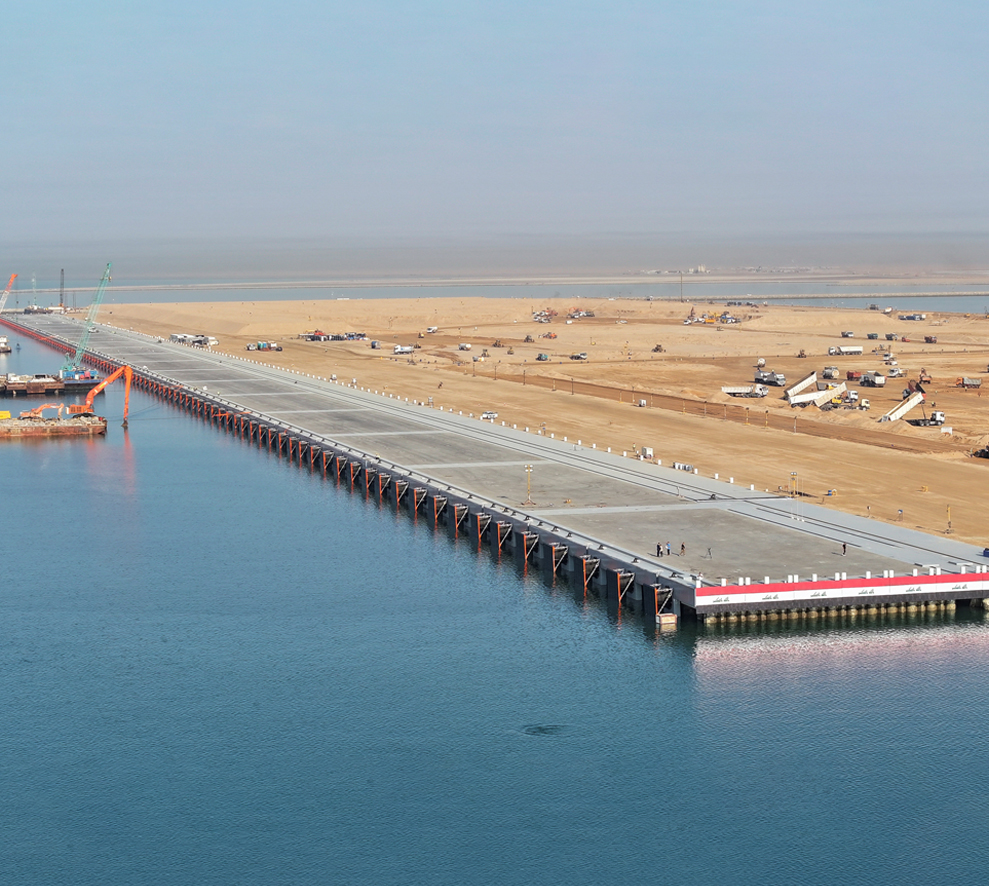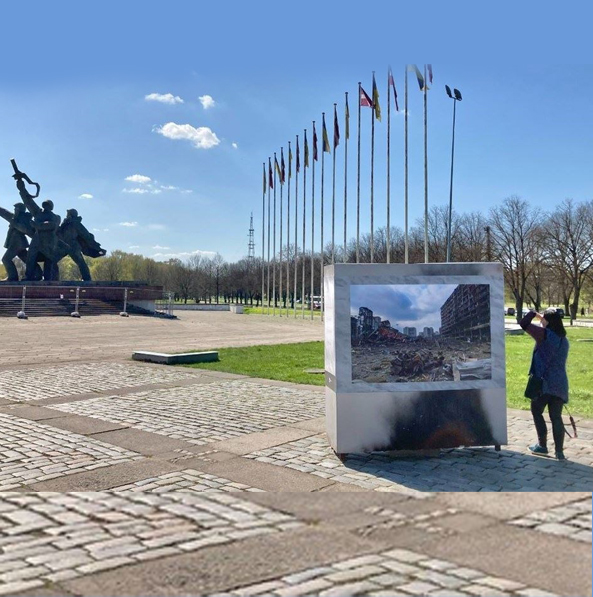Analyses
Regional Trends
The Syrian-Iraqi Border: Reshaping the Geopolitical Space of the Middle East
International and Global Trends
Real clear world: A former terrorist inside the white house
International and Global Trends
NYT: The President and A Former Terrorist Meet at the White House
Arab policy
The Syrian Unity Predicament: Files of Sovereignty, Security, and the Kurdish Issue
The Palestinian–Israeli Conflict
Trump’s Plan: Second Phase Scenarios
Filter by:
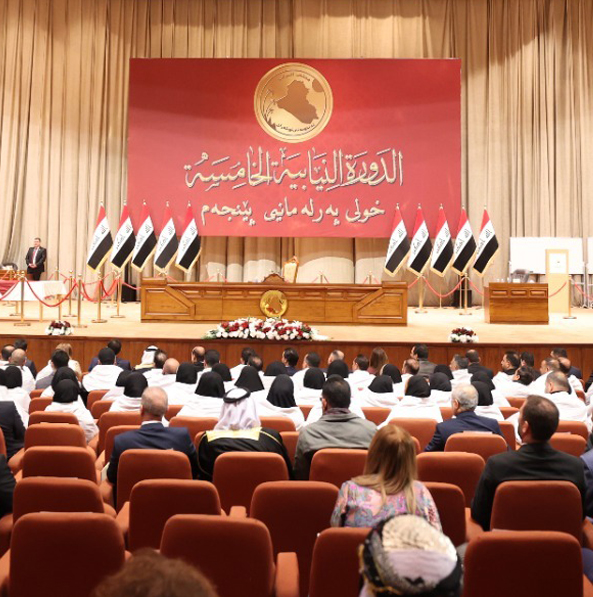
The independents have a hand in the Iraqi government formation crisis
This policy paper presents a reading of the phenomenon of independents candidate in Iraq, with its dimensions, causes, and repercussions on the current political scene, especially in their role as an alternative to traditional forces, and as a third party in the Iraqi government formation crisis.

Political Islam: A Critique of Discourse and Content
This paper sheds light on the ideology of Political Islam groups during the seventies and eighties of the past century, and the impact this ideology made on how these groups dealing with concepts of authority, in addition to how they judged, from their narrow perspective associated with their partisan organizations and misperceptions.
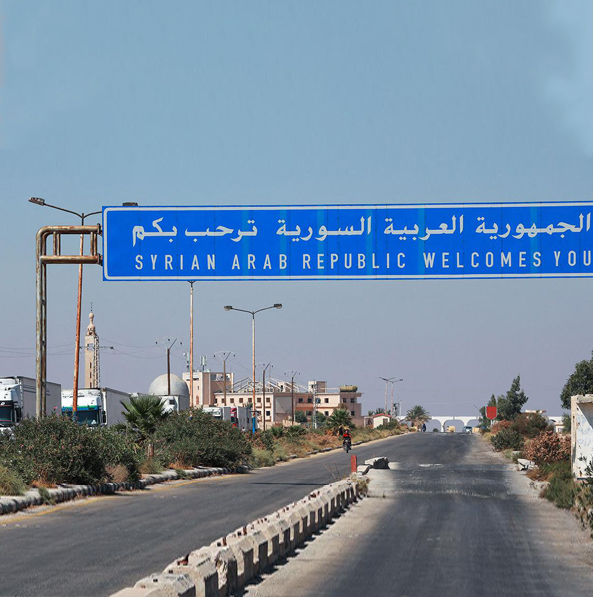
Arab Openness to Syria: Manifestations, Basis, and Prognosis
This paper addresses the manifestations of the Arab approach towards Syria, searching in the reasons and effects of such approach, starting from a main hypothesis; that is: in spite that some parties' abjection in the region, as well as the US, but the track of Arab openness on Damascus is heading forward.
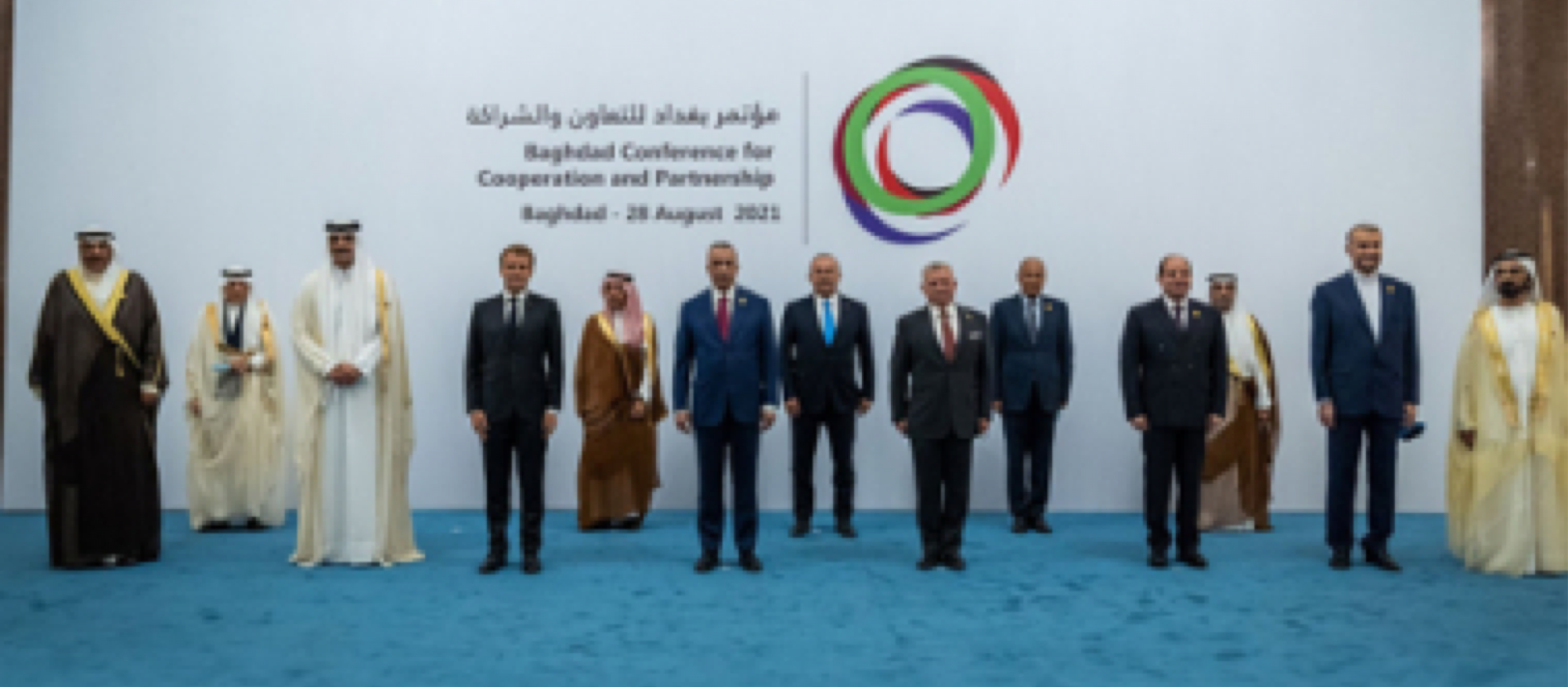
Advertising space title
Description of the advertising space. Upon the client’s initial approval of the design, this text will be removed.
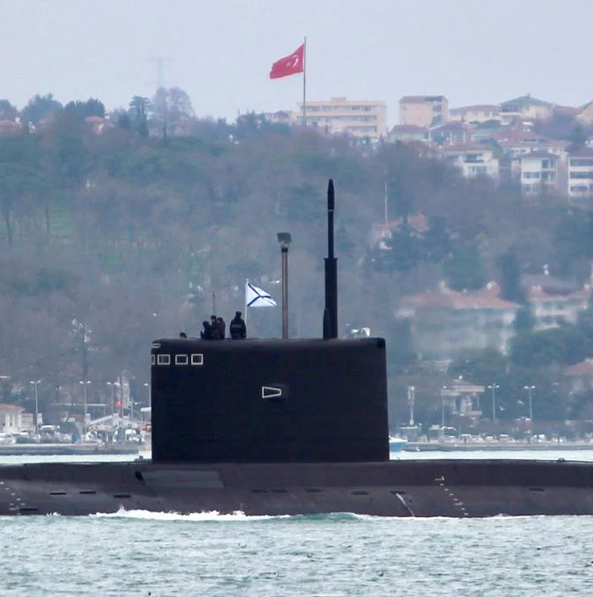
Military Features of Turkey's Role in the Ukrainian Crisis
This report outlines the major military features of Turkey's role in the Ukrainian Crisis and evaluates reflections of this engagement on both Ukrainian and Russian Crises. It also discusses the potential political consequences that Ankara might encounter amidst the strive to control an attitude towards the Ukrainian Crisis.
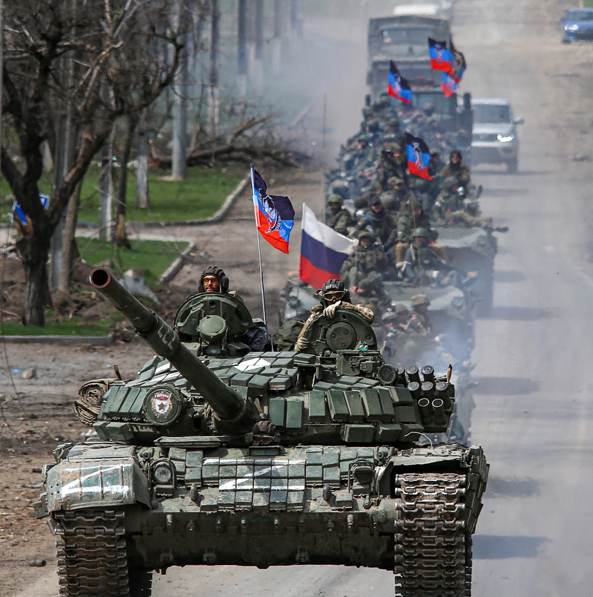
ARAB STANCES ON THE UKRAINIAN CRISIS: OPPORTUNITIES AND THREATS
This article reviews the Ukrainian crisis effects on the Arab countries, in addition to the opportunities and challenges such crisis poses, in light of the Arab regional system's position on the international scene. The article also reviews the region's position in the global energy market, as well as the potential implications on food security, in order to understand the nature of the Arab stance on this crisis.

Why does Israel insist on remaining isolated from its surroundings? - opinion
If Israel is unable to enter into peace negotiations, it nevertheless remains responsible for the bloodshed, demolitions of homes and storming of religious sites.

Effects of International Currency War on the Arab States
This paper presents a reading in the concept of "Currency War" as one of the economic tools employed by states in the context of competing, as well as the implications of such war for some Arab states which associate their currencies to USD. Due to that the world order is heading towards more manifestations of competing, like in the Ukrainian crisis, in addition to its implications on the Arab states, this paper presents a set of measures that aim to reduce the negative effects of international events on Arab economies.
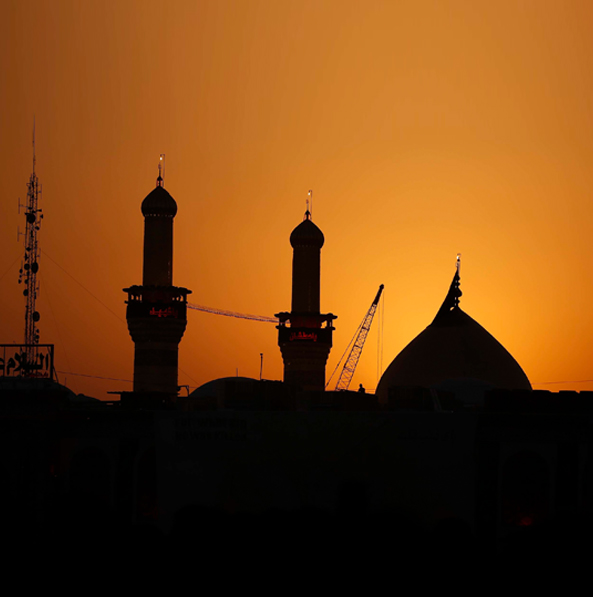
TOWARDS EFFECTIVE ARAB SHI'ISM AND HAWZA: THE CONCEPT, THE PROBLEMS, AND THE CHALLENGES
This paper highlights the emergence of contemporary Arab Shi'ism, its features, and its distinction from political Shi'ism, that has its ideological and intellectual reference associated with the "al-Wali al-Faqih", in addition to the ways available to enable "Arab Shi'ism" in the face of the excessive expansion of Iranian Shi'ism.
